Living Lizzo’s truth hurts: The challenges of being an unapologetically fat Black woman
January 16, 2020
There is no better way to start the new year than cleansing the trolls out of your life. On Jan. 5, Lizzo, breakout icon of 2019, did just that. Lizzo said goodbye to her Twitter account, citing the “too many trolls.”
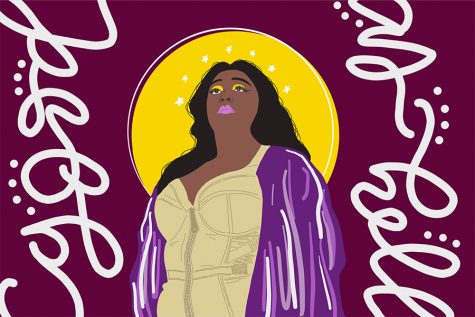
The largest wave of Lizzo trolls took Twitter by storm in mid-December when images and videos of Lizzo wearing a butt-baring t-shirt dress at a Lakers game circulated the internet. While Twitter is often the site of massive surges of trolls, those attacking Lizzo amounted to something deeper than routine cyber taunting: a motivated hatred of fat Black women.
Yeah, @lizzo is pretty fat. No, she’s really fat and disgusting. Hope the @Lakers incinerated that seat. pic.twitter.com/F5CzuyJhh8
— Kellz Lefontae (@KellzLefontae) January 10, 2020
“Disgusting” and “ugly” were among the many words used to describe her physical appearance. Twitter users had no shame in comparing her to an earthquake or an animal. Reading these tweets, I cringe at individuals’ ability to even describe a human being like this.
i think lizzo left twitter so she could do the earthquake in iran
— polar (@polar__420) January 8, 2020
But that’s just what racism fundamentally does: it dehumanizes Black and Brown people. It isn’t difficult to understand why Lizzo has had an entirely different experience with the criticism under the public eye than her white, male and conventionally skinny counterparts have.
Lizzo has done something radical to an industry that has existed to exclude people like her. She has unapologetically entered the reigns of music legends, fat, female and Black. A Lizzo concert is a revolution of self-love. She doesn’t let her body define the parameters of what she will wear, how she will dance and what she will sing. In fact, she uses it as empowerment.
Lizzo is the antithesis of those who have historically collected the most Grammy nominations in a given year, held a No. 1 single for seven weeks and been named Time’s Entertainer of the Year. With credit to Kimberle Crenshaw’s framework of intersectionality, Lizzo’s marginalization exists in an intersection of three oppressed identities. Systems are not designed for her to succeed, but still she rises.
If the reason you hate Lizzo is because she appeared in a butt exposing thong at a Lakers game, you have to realize that it is because of a hatred of fat Black women.
Many Twitter users insist they don’t care that Lizzo is a Black fat woman but are insulted by the fact that she would choose to twerk in her outfit at a family event where children are present. Yet these trolls seem to have no objection to the predominantly white skinny dance and cheer teams that perform at halftime in even less clothing.
Actual Lakers cheerleader much more revealing than Lizzo….. How many of them? 10-15? Jumping around the entire game. Versus one Lizzo, for a fleeting moment. Not to mention the other team’s 10-15 cheerleaders. Yet, we are supposed to think size is irrelevant? We are not foolish pic.twitter.com/atWvPbVwdJ
— Professor Darren Hutchinson (@dissentingj) December 10, 2019
Former Biggest Loser star Jillian Micheals appeared on Buzzfeed news recently, commenting on Lizzo.
“Like, I love her music. Like, my kid loves her music,” Micheals said. “But there’s never a moment where I’m like, ‘And I’m so glad she’s overweight!’ Like, why do I even care? Why is it my job to care about her weight?”
Micheals was not attempting to draw the conversation away from Lizzo’s weight in a feminist, body-celebrating way. Instead, she chose to emphasize that she thinks Lizzo is unhealthy and that people who share her body are not worthy of praise.
Micheals hates fatness. Granted, most people do. Hatred of fatness doesn’t stem from a concern about the relationship between fatness and health. Hatred of fatness is the hatred of fat people.
She dances plays the flute and sings during every show serveral times a week when she tours. She has rehearsals for this high energy high intensity show likely several times a week. Lizzo is probably just as healthy as you or I and she definitely has more stamina than I do
— Alayna ™️ (@alaynashottakes) January 9, 2020
Lizzo is a strong performer. She performs high energy dances, sings for hours at shows and plays the flute through it all. There has been no public indication that Lizzo is unhealthy.
Fat people are entirely capable of leading healthy lives. It is the construction of the skinny body as the conventional standard of beauty that has encouraged societal hatred of fatness.
The fatphobia directed toward Lizzo also cannot be separated from the unrelenting anti-blackness and misogyny she experiences. I am hurt most by the hate directed at Lizzo because I know that unlike white people and specifically white men, this is going to be an attack on her career.
I knew nothing about Lizzo until that Lakers game. And because of that first impression of her, I have no desire to know her musical work.
— Eric Thornton (@ericlthornton) January 11, 2020
In the wake of Lizzo’s impressive Grammy nominations and claiming of Time’s Entertainer of the Year, people have already begun boycotting her music. White supremacy doesn’t make way for Black artists to push the framework white people want to see them in. People have an expectation of how they want to see fat Black women in media and if they don’t get that, then those women’s careers are most in danger.
This reminds me all too well of the case of Oscar winner Mo’Nique. After being unapologetic about her appearance, she has been essentially blacklisted from Hollywood. Black women don’t get a second chance. Their careers are at stake for just beginning to push back on how the world expects to see them.
What were the Twitter trolls were attempting to accomplish in their insults of Lizzo? Were they attempting to be funny? Projecting their own body insecurities? Trying to push Lizzo off the charts? You can have your few thousand more retweets and likes and a small laugh at the end of the day, but it will continue to be Black women who suffer.
Hating fat Black women doesn’t make you cool. And if that makes you uncomfortable? Well, as Lizzo says herself, the truth hurts.




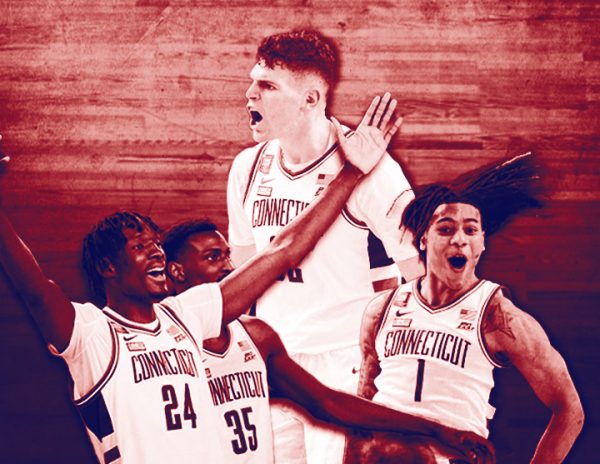

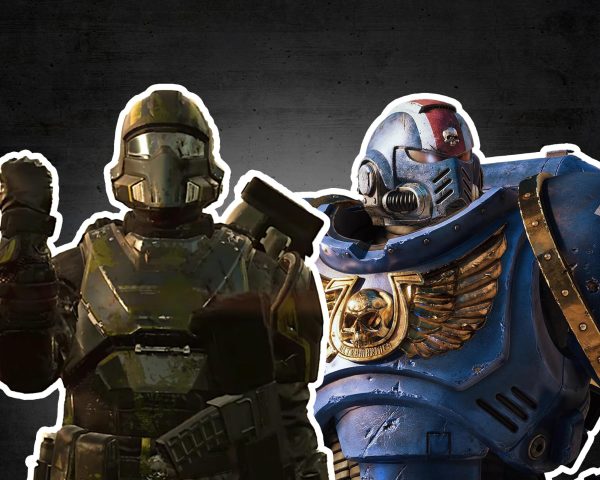

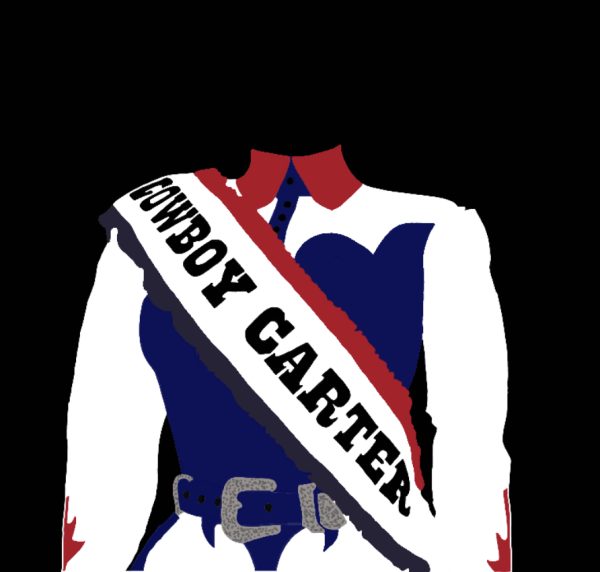




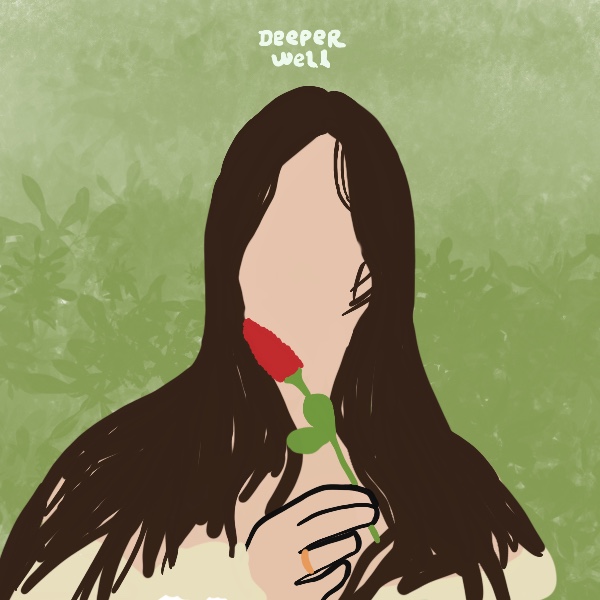








Terri • Dec 23, 2020 at 3:37 pm
No cheerleader has ever stuck her fat bare butt in anyone’s face and shaken it. It’s beyond low class.
Dee • Aug 8, 2020 at 7:55 am
Black women want 2 celebrate being fat b/c they’re 2 lazy 2 b thin
Anonymous • Apr 14, 2020 at 3:50 pm
I feel sorry for the person who wasted their time writing this garbage..
Mira Mayhem • Apr 14, 2020 at 3:44 pm
Uh… how many times did you say “fat black woman” in this?? Who care actually. It’s not like anyones refering to people like Melissa Mcarthy as a fat white woman?? This entire article is biased. Especially love this, “If the reason you hate Lizzo is because she appeared in a butt exposing thong at a Lakers game, you have to realize that it is because of a hatred of fat Black women.” Such bullshit like actually. What does one have to do with the other?? The cheerleaders are paid to dress like that, so that’s what they’re going to do. It’s not like anyone’s paying Lizzo to be there and twerk in a THONG?? There were children at that game, not cool.
Anonymous • Jan 24, 2020 at 9:08 am
“Micheals was not attempting to draw the conversation away from Lizzo’s weight in a feminist, body-celebrating way. Instead, she chose to emphasize that she thinks Lizzo is unhealthy and that people who share her body are not worthy of praise.” YES, you should not be praised for being morbidly obese. This has nothing to do with her music which most people agree is great this has to do with celebration of unhealthy lifestyles.
Anonymous • Jan 22, 2020 at 2:03 pm
1. She is unhealthy. It is not possible to be that obese and still be healthy at the same time. She should not be shamed for her weight but it should not be celebrated either. Being able to perform is no indication of overall health and being morbidly obese is not healthy. It takes years of your life and results in a myriad of health problems. That is simply a medical fact.
2. She had brought the twitter trolls on herself. Whether it be doxxing a poor Ubereats driver, taunting people on twitter or making pointed remarks about others, she needs to claim responsibility for herself.
3. If people really had a problem with fat black women, she would not be one of the best selling and top charting artists of the year. Twitter is simply a vocal minority and does not represent the general population. It is filled with trolls and bad faith actors, something Lizzo herself has done.